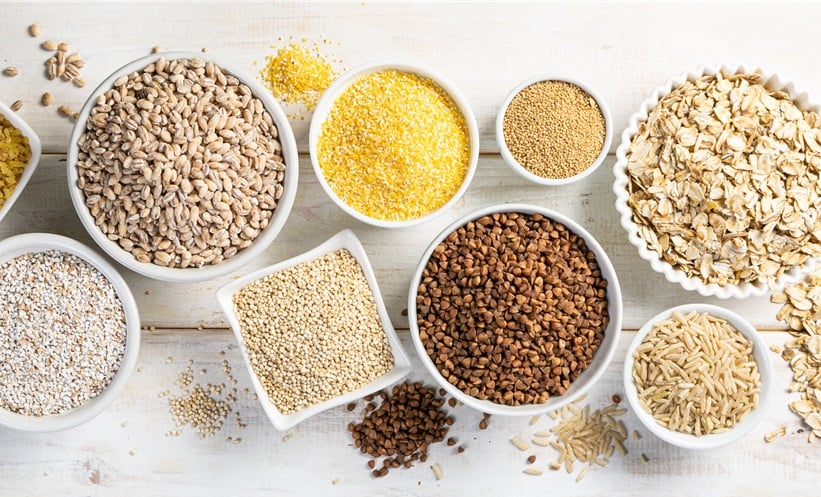A large prospective analysis of USA health professionals has found that higher intake of certain dietary lignans and whole grain foods is associated with a significantly reduced risk of developing gout.
Plant-Based Diets and Gout Prevention
Plant-based dietary patterns have long been linked to reduced risk of gout, but the specific nutrients responsible for this effect remain unclear. Lignans, a group of phytoestrogens found abundantly in seeds, whole grains, and vegetables, are metabolised by gut microflora and may influence uric acid metabolism. This study sought to clarify whether dietary lignans and whole grain foods are independently protective against gout incidence.
Large-Scale Analysis of Lignan Intake
Researchers analysed data from 122,680 participants enrolled in the Health Professionals Follow-up Study and Nurses’ Health Study. Dietary intake was assessed using food frequency questionnaires administered every 2–4 years, and incident gout was confirmed through validated clinical criteria. Using Cox regression models, investigators evaluated associations between lignan intake, whole grain consumption, and gout risk, adjusting for lifestyle and clinical factors.
Key Findings Support Lignans’ Protective Role
Higher intakes of the lignans matairesinol and secoisolariciresinol were linked to a 22% reduction in gout risk when comparing highest to lowest quintiles (HR: 0.78; 95% CI: 0.69–0.90 and HR; 0.78; 95% CI: 0.68–0.89, respectively). In contrast, pinoresinol and lariciresinol showed no significant associations. Whole grain cold breakfast cereals demonstrated a strong protective effect (HR: 0.62; 95% CI: 0.53–0.73), while cooked oatmeal/oat bran (HR: 0.78; 95% CI: 0.70–0.86) and added bran (HR: 0.84; 95% CI: 0.74–0.95) were also inversely associated with gout risk. No benefit was seen with dark breads or other cooked cereals.
Conclusion
These findings strengthen evidence supporting plant-based dietary strategies for gout prevention, highlighting lignans and specific whole grains as protective components. Further research may clarify the role of the gut microbiome in mediating these benefits.
Reference
Rai SK et al. Long-term lignan intake, whole grain foods, and the risk of gout: results from two prospective cohort studies. Arthritis Care Res (Hoboken). 2025;DOI:10.1002/acr.25596.








